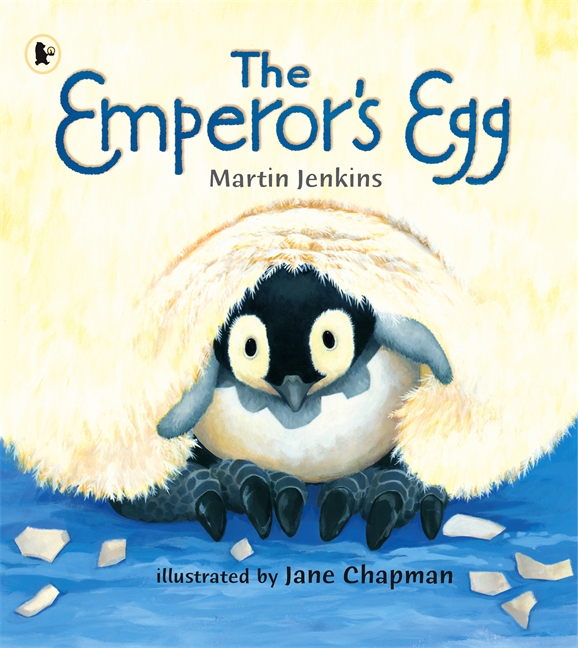Penguin Awareness Day was created to celebrate everybody’s favorite zoo animal! Together, let’s find out more about penguins because penguins can be loved all year long!
Emperor penguin parents overcome starvation, freezing weather, and hungry leopard seals to keep their chicks well fed. Watch the video below.
Emperor penguins spend their entire lives on Antarctic ice and in its waters. They survive—breeding, raising young, and eating—by relying on a number of clever adaptations.
These flightless birds breed in the winter. After a courtship of several weeks, a female emperor penguin lays one single egg then leaves! Each penguin egg’s father balances it on his feet and covers it with his brood pouch, a very warm layer of feathered skin designed to keep the egg cozy. There the males stand, for about 65 days, through icy temperatures, cruel winds, and blinding storms.
Finally, after about two months, the females return from the sea, bringing food they regurgitate, or bring up, to feed the now hatched chicks. The males eagerly leave for their own fishing session at sea, and the mothers take over care of the chicks for a while.
As the young penguins grow, adults leave them in groups of chicks called crèches while they leave to fish. There is a reason for the timing of emperor penguins’ hatching. By December, when the Antarctic weather has warmed somewhat, the ice the penguins occupy begins to break up, bringing open waters closer to the nesting sites. Now the chicks are old enough to take to the seas and fish for their own food.
Watch the time lapsed video below of an emperor penguin huddle in Antarctica. The wave is created by the penguins taking small steps as a group. Researchers say the up and down movement of the wave ensure each penguin a turn in the middle of the cluster, which helps the birds keep warm.
Read: The Emperor’s Egg by Martin Jenkins 
The Emperor penguin is the only large animal to remain on the Antarctic mainland throughout its bitterly inhospitable winter. Once the female has laid her egg, she heads back to the sea, leaving the male to incubate it. He then spends two months standing on the freezing cold ice with the egg on his feet!
You can find this book and other books about penguins in our library and the public library @598.47 JEN
Have you heard about how the world’s getting hotter? Some people say it is. Some say it isn’t. Who’s right? And does it matter? How will it affect you and your friends? How will it affect penguins?
What can you do as a kid to help the earth?
